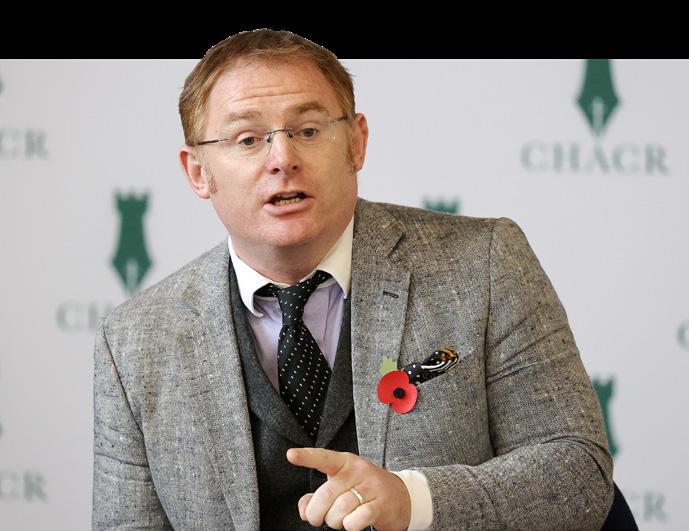CHACRCRITIQUE
MAY 2024 #7


TITLE
Manchester University Press, Paperback, £14.99, ISBN: 978-1-5261-5561-0
The New Politics of Russia (revised and updated edition)
AUTHOR Andrew MonaghanREVIEWER
Robert McNamara, Visiting Fellow, CHACR



MAY 2024 #7


TITLE
Manchester University Press, Paperback, £14.99, ISBN: 978-1-5261-5561-0
The New Politics of Russia (revised and updated edition)
AUTHOR Andrew MonaghanREVIEWER
Robert McNamara, Visiting Fellow, CHACR


When The New Politics of Russia was first released in the summer of 2016 it was commended as being “a must read for Western decision-makers” and its author, renowned Russianist and frequent CHACR guest lecturer Dr Andrew Monaghan, credited for presenting a stark warning that the “West’s capacity to understand Russia” had been “gravely run down”.
The call-to-arms for a refocus and reasons for a major re-think mapped out in print by the founding director of the Russia Research Network have since been indelibly underscored by Moscow’s ‘special military operation’ and the return of attritional conflict to Europe. And while history will ultimately determine to what extent external misjudgements and misperceptions may have abetted Vladimir Putin’s expeditionary ambitions, if asked why so many in the West were seemingly blind-sided by flawed analysis of what makes Russia tick, Monaghan would be forgiven for simply directing eyes to his earlier efforts. Fortunately, the Senior Associate Fellow at RUSI is not one to swerve difficult questions regarding the Kremlin and has instead supplemented his previous works, which include Power in Modern Russia (2017), Dealing with the Russians (2019), Russian Grand Strategy in the Era of Global Power Competition (2022) and The Sea in Russian Strategy (2023), with a revised and updated edition of The New Politics of Russia
The thinking from the original – a “convincing analysis of the strategic dissonance between the West and Russia” – is placed squarely in current context; further emphasises where assessments of Russia go awry; and sets out the key questions to be asked in order to develop a greater understanding of the long-term strategic contest that now defines relations with Moscow. Monaghan also takes the opportunity to provide his view on the wider implications of the Russian invasion of Ukraine in 2022, arguing that the resulting war is not just of local or regional importance but fits within a wider, much broader international struggle; the first major event of a long-term global upheaval.
Serendipitously released as Russia’s leader of

24 years ‘secured’ a fifth term by a landslide, the revised edition advances the argument that democracy in the Federation continues to recede, with Putin’s government being reinforced by a younger generation of loyal followers. Although highlighting Putin’s enduring reign, noting that support for dissenting “revolutionary figures”– such as the late Alexei Navalny – are exaggerated by a Western media wishing for change, The New Politics of Russia encourages readers to look beyond stale, President-centric narratives, instead advocating an holistic assessment of Russia’s political structure. To not challenge the concept of “Putin’s Russia” is to adhere to an inaccurate stereotype that became invasive in the West as it “masked the complexities of Russian politics”, argues Monaghan. Removing the incumbent head of state is not the silver bullet many hope, the author suggests, citing a diversity of Russian attitudes – with many of the population holding an unfavourable view of the West.
Similarly, the book also encourages the reader to move away from viewing Russia through a Western lens, one framed through progressive history and “transitionology”, and provides a resource that lifts the veil on the seemingly contradictory nature of Russian power. Monaghan asserts that a “multi-disciplinary study of Russia that builds an empathetic understanding of Russian history, society and politics, and includes accurate linguistic and conceptual interpretation” is needed to better predict Russian actions and to counter the extreme degradation in institutional expertise since the Cold War.
Far more than just an ‘I told you so’ from Monaghan, this newly-updated edition of The New Politics of Russia represents a refreshed and valuable resource that will enlighten both casual observers and experts alike.